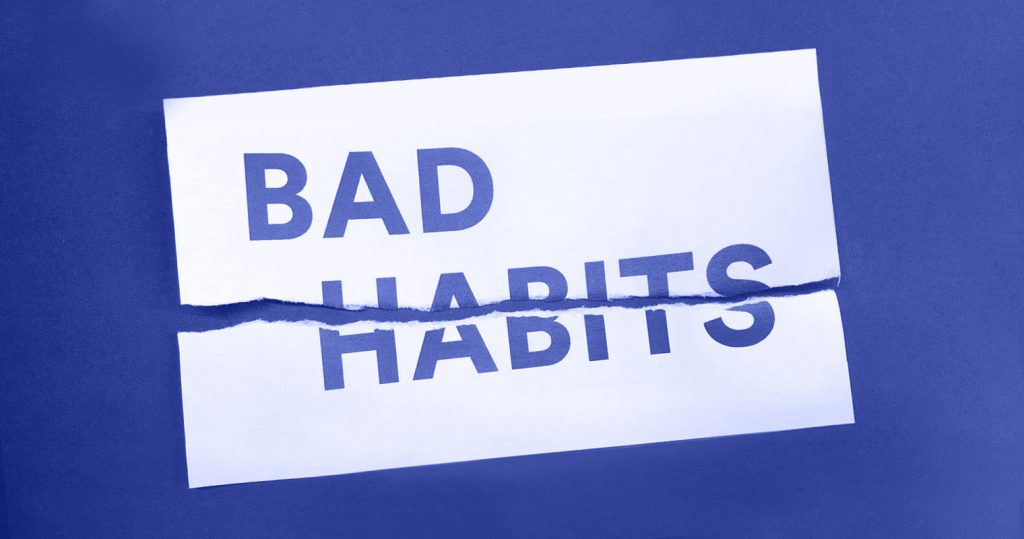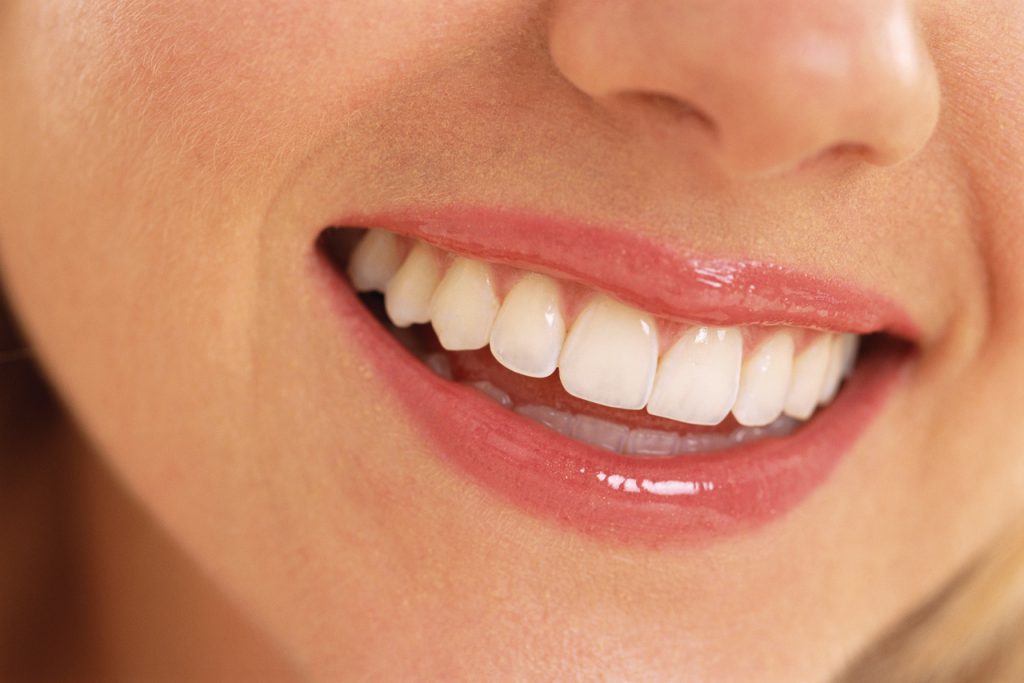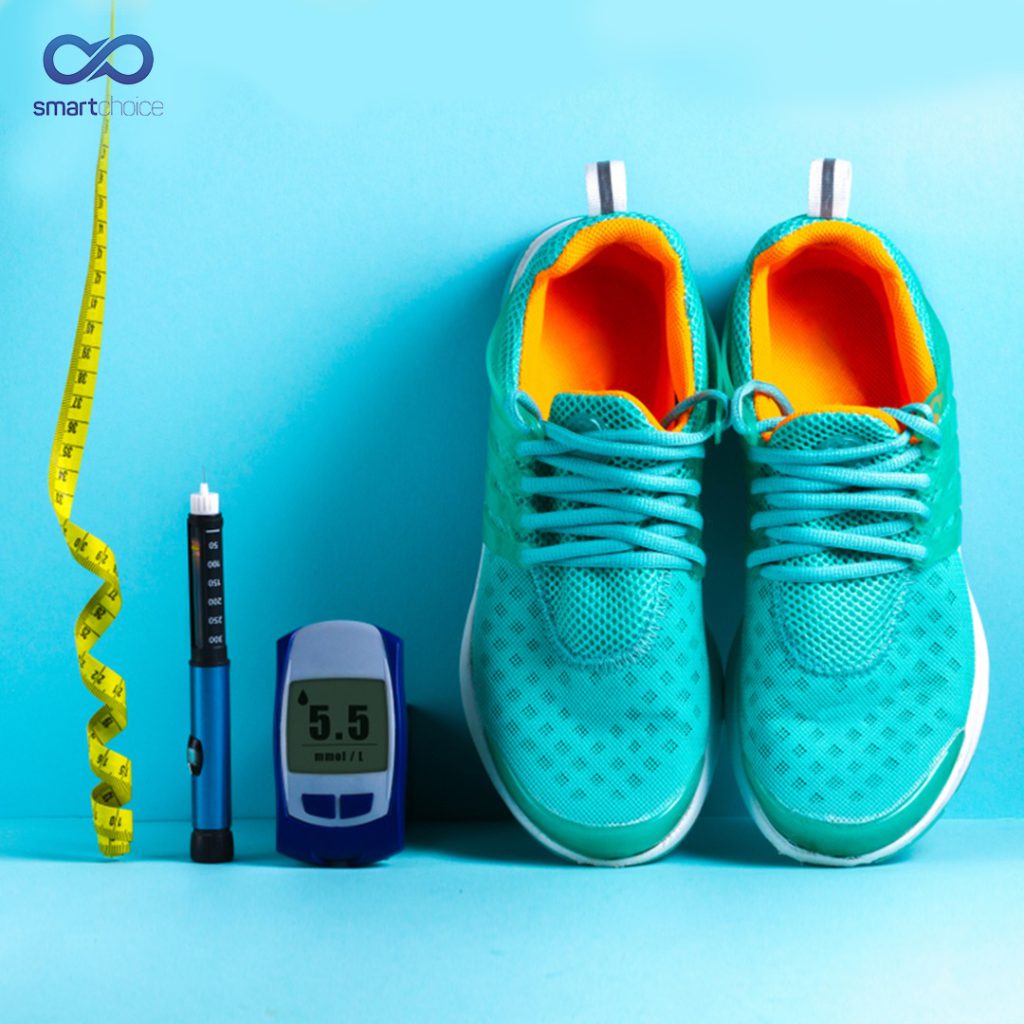We all have certain criteria that we have set for ourselves, for instance, the criteria include the way we look, the manner we style ourselves, the food we like and would like to intake, the lifestyle that we want to live and so forth.
One thing that we often overlook is that during this routine that we follow, we sometimes develop some habits which are absolutely a big “NO” to live a long and healthy life. Most of the time it happens unintentionally and we don’t even realise where we are going wrong.
In this article, we have shortlisted some of the habits that need to be immediately reviewed and modified on “PRIORITY.”
You must have heard or read it before: It takes 21 days to transform a habit. And while we’re all on a mission to live healthier lives and improve our well-being, the first step would be to become aware of bad habits is the one step forward in initiating change. From chewing on fingernails to eating a sad desk lunch while using your computer, we’ve compiled quite a few unhealthy habits you’re probably guilty of.
Mark these bad habits below and make it your goal to mix them in the bud and your lifestyle.
Lack of Vegetables in Your Diet
Not combining vegetables in your diet can cause digestive issues and other health problems. Asparagus and bell peppers are rich in Vitamin B6 and folate that lowers homocysteine, an amino acid linked to heart disease. Carrots and tomatoes are filled with carotenoids, an antioxidant, which helps ward off issues associated with heart disease. Antioxidants are also a cancer-fighting property too. Onions contain phytochemicals that can lower cholesterol levels. Keeping the cholesterol under check will aid in the prevention of heart disease. Potatoes are high in potassium. Since potassium helps regulate blood pressure, it reduces the risk of congestive heart failure.
Eating On-The-Go
In today’s world, with a busy schedule is not unusual for many it’s so easy to fall into the fast-food trap. While stopping at the drive-through and ordering a burger now and then is still acceptable, making it a routine stop can be unfavourable to health. Fast food is loaded with a host of unhealthy ingredients like sugar, trans-fats, and sodium. Eating fast food frequently can have the following damaging effects on your health:
1. Increased risk of cancer
2. Increase the risk of heart disease
3. High blood pressure
4. Increase inflammation
5. Increased threat of infections
6. Increased threat of allergies
7. Compromises the immune system
It is suggested that Instead of relying on fast food for chaotic days, getting in the habit of meal planning for yourself and your family can be a good way to keep the whole family healthy. Cooking and freezing healthy meals beforehand not only saves time but ensure the provision of healthy meals for the entire family with the right nutrients they need to get them through the day. Packing lunches with snacks that contain raw vegetables, whole grains, yoghurt, and other low-fat, nutritious foods is one way to stick to a healthy habit and healthy life.
Living a Sedentary Lifestyle
Lack of exercise is a guaranteed way to put good health on hold or a complete halt especially if you have a sedentary job, which requires sitting at a desk most of the day. Not only will an inactive lifestyle weaken muscles it can also increase your risk of the following:
1. High blood pressure
2. Type 2 diabetes
3. Cancer
4. Obesity
5. Heart disease
6. Osteoporosis
7. Cardiovascular disease
8. Stroke
It’s not easy to start an entirely different routine and to follow it. Use the tips and get started
1. Get a friend to exercise with
2. Start small with a daily 15 to 30-minute walk
3. Try short interval workouts for 10 to 15 minutes
4. Participate in low impact exercises such as yoga or swimming
Exercising help focus on better bone health. Since bones protect the brain and other organs from devastating injuries, taking care of them through exercise can make a positive difference to the body overall.
Skimping on Sleep
Falling short on sleep is a big “No-No”, but why what’s the big deal? Research indicates that not getting enough sleep can impact a lot of things: it can compromise your immune system, your ability to judge and make decisions (more prone to make mistakes) and bad heart health. Being sleep-deprived may fuel depression and make it hard to lose weight if you’re dieting-and more likely that an individual will give in to that sweet temptation tomorrow.
Target to get around 7 to 8 hours of sleep each night, although there is no magic or fixed number, says the National Sleep Foundation, so listen to your body and try to get the amount of sleep that your body needs to function at its best.
Lack of sleep can lead to the following serious heart-related conditions
1. Heart disease
2. Heart attack
3. Heart failure
4. Irregular heartbeat
5. High blood pressure
6. Stroke
7. Lack of sleep can also weaken immunity, cause weight gain, and increase the risk of diabetes.
To get enough sleep try these techniques
1. Don’t drink caffeinated beverages later in the day
2. Avoid slumbering during the day
3. Go to bed at the same time each evening
4. Keep bedroom set at a comfortable temperature
Not Drinking Enough Water
Water makes 60 per cent of our body so it’s not too astonishing that drinking water benefits your overall body health. Staying hydrated helps to keep memory sharp, stabilizes mood and motivation intact. Keeping up with fluids helps skin to stay supple, enabling the body to cool down when it’s hot, allows muscles and joints to work better and helps clean toxins from the body via kidneys.
So, how much water should you be drinking? According to the Institute of Medicine, adult men need about 13 cups per day of fluid; adult women need about 9. (You get about an additional 2 1/2 cups of fluid from foods.) But because one size doesn’t fit all, the best way to know if one is sufficiently hydrated is to monitor urine colour: if it’s light yellow (the colour of lemonade), which means water intake is stable.
Eating Late at Night
There are multiple reasons why one should have dinner an hour earlier. Researchers believe that the long gap between meals allows the body to process food more efficiently. There is some research around intermittent fasting (where you space out your meals and eat in a shorter window), that suggests it may help with weight loss. It will an individual to sleep better: according to the National Institutes of Health, late-night meals can cause indigestion that interferes with sleep.
Sad Fact: Plus, many don’t eat carrots and apples late at night-we go for snacky foods that aren’t necessarily the healthiest choices.
A research study from the American Journal of Epidemiology reports that people who skip the morning meal were 4.5 times more likely to be obese, adding that eating multiple, small meals may suppress hunger and overall blood sugar levels.
Forgetting to Change the Bed Sheets
Bacteria and germs can easily become anyone’s sleeping buddy if sheets are not washed enough. “they have spores of fungi, bacteria, animal dander, pollen, soil, lint, finishing agents of whatever the sheets are made from, colouring material, all sorts of excrements from the body,” said Philip Tierno, a microbiologist and pathologist at the New York University School of Medicine. As if that’s not uncivilized enough, one study has found that both synthetic and feather pillows give refuge to between four and 17 different species of fungus. Yikes!
Shopping for Low-Fat Foods
Low-fat foods may lead to the belief that it would lead to faster weight loss, but that’s hardly happening. “Older generations hear words like ‘bran’ or ‘low-fat’ and instantly assume it’s the healthy choice,” Lisa Hayim, RD, and founder of The WellNecessities say that, “These foods, which can be high in fibre, are usually loaded with processed flour, high in sugar, and can be high in sodium too. Don’t be misled by the name at the bakery counter or on the menu. Read the labels and always the ingredients.”
Squirting on Hand Sanitizer
No matter how delicious or amazing that bottle of sweet-pea-scented hand sanitiser smells, it’s better to leave it out of the purse. Triclosan, a chemical commonly used in hand sanitisers, has been linked to increasing the risk of obesity and affecting the thyroid. The best bet is washing hands the old-fashioned way: soap and water are more effective than hand sanitisers at eliminating or inactivating certain kinds of germs and bacteria.
Ignoring the Weight Rack
Using the treadmill and elliptical is a great way to boost heart health, but visiting the weight rack every so often may provide even better benefits. According to the American Heart Association, strength training surges tendon and ligament strength builds fat-burning muscle mass and improves the quality of life.
Not too keen on going alone? Here’s a solid reason to find a gym buddy: according to a study in the American College of Sports Medicine, people exercise for an average of 34 minutes longer with a friend than they do when they go to the gym alone.
Using Plastic Water Bottles
The gulping of eight recommended cups a day won’t do the body well if using plastic bottles. Research in the Clinical and Experimental Reproductive Medicine proved that the industrial chemical Bisphenol A, or BPA induced early puberty in females, sperm reduction, obesity, and increased rates of reproductive cancers, while a Harvard study found that adults with the highest concentration of BPA in their urine had considerably larger waists and a higher risk of becoming obese. Rather than refilling your plastic water bottle, go for a reusable plastic-free, stainless steel jug.
Rushing to Finish a Meal
Even if time is less, powering through meals isn’t going to help stay satisfied. A study in the Journal of the American Dietetic Association indicated that participants who took their time eating consumed 66 fewer calories per meal than their fast-eating counterparts and felt filled after putting their forks down. As it takes about 20 minutes for the brain to recognize that body is full, make sure to take time and eat mindfully to avoid overeating and gaining the feared pounds.
Serving Dinner Buffet-Style
Research in the journal Obesity has found that when food is served from the dinner table, people gorge on 35 per cent more food during the meal. If getting second helpings necessitates leaving the table, people are more likely to rethink the decision and refrain as contrasting to when an assortment of food is served at an arm’s length.
Starting Your Day With Coffee
Research in The Journal of Clinical Endocrinology and Metabolism found that participants who drank about 17 ounces of water experienced a 30-per cent increase in their metabolic rate! Make it a habit to pour a cup of coffee after you’ve gobbled down H2O to keep your fat-burning incinerator and waistline in check.
Deliberate waiting to get your caffeine buzz until after 9 a.m. Because your cortisol levels naturally rise in the morning after waking and peak between the hours of 8 and 9 a.m., having a coffee before or during this time may result in increased stress and anxiety and its stimulating effects won’t be as effective.
Consuming Diet Drinks
Just because diet drinks contain zero sugar, it shouldn’t give you the green signal to start sipping. Researchers have found that elderly people who drank two or more diet drinks daily saw their waists increase five times faster than those who didn’t drink. Mark it up to the artificial sweeteners manufacturers spike diet drinks with.
A review in the Canadian Medical Association Journal found that non-nutritive sweeteners such as aspartame, sucralose, and stevioside which is associated with weight gain and cardiometabolic risk if used regularly.
Skipping Dessert
One might think they are doing a good thing by expelling sweet treats. But studies suggest that feeling deprived even if the individual is consuming plenty of calories can prompt overeating. Making any foodstuff off-limits just increases its appeal. So when craving, go a small treat won’t break the diet! Two squares of dark chocolate or ½ cup of ice cream clocks in at under 150 calories.
Not Changing or Sanitizing Your Kitchen Sponge Frequently Enough
This might not be something one might think regularly, but the kitchen sponge can harbour 150 times more bacteria, mould and yeast than your toothbrush holder. Ick! According to research from NSF International (an independent public health organization), most of the germs they found won’t make you sick, but some could.
After diligently cleaning the kitchen counter, sink and refrigerator shelves, but fail to disinfect the sponge afterwards, try this to keep germs at bay: microwave a wet sponge for two minutes daily and replace it regularly every two weeks.
Cooking Everything in Olive Oil
Even though olive oil is packed with heart-healthy antioxidants (called polyphenols) and monounsaturated fats, every time it’s not the best choice for cooking. Why? Because olive oil has a lower smoke point than some other oils (that’s the point at which an oil literally begins to smoke and olive oil is between 365° and 420°F).
When it comes to smoke point, the beneficial compounds in oil start to degrade, and possibly health-harming compounds form. When cooking over high heat, skip it and choose a different oil. However, olive oil is a good choice for making salad dressing or sautéing vegetables over medium heat.
Wanting to get healthy is the first step in decreasing your risk of disease. Second, following the above tips eating a well-balanced diet, getting regular exercise, and sticking to your cancer screening schedule can all give you a lifetime of health benefits.
Eating ‘Whole-Grain’ Cereal
Whole grains’ is a promotional term and can loosely be applied to foods if they contain some amount of whole grains, most often, though, the food may encompass whole grains, but in totalling to regular wheat, or white flour. These foods also have to sustain a long shelf life, so are pumped with preservatives, sodium, and artificial flavours and lack many of the needed vitamins and minerals.
Eating Too Much Sodium
People harbouring on preserved and canned meals eat about 1,000 mg more sodium each day than we should. One of the easiest ways to cut your sodium intake is to cook at home using fresh ingredients. Restaurant foods and processed foods both tend to be very high in sodium. To further cut the sodium intake even further, try enhancing the flavour of food cooked at home with herbs and spices rather than salt.
Forgoing Doctor Recommended Cancer Screenings
Early recognition of cancer is crucial to increase the chances of survival. Depending on family history and personal risk factors, the doctor may endorse certain cancer screenings. Cancer screenings can aid doctors to find and treat cancer as soon as possible. Screening exams are typically commended for the following types of Cancer:
Breast Cancer – mammograms are the best way to detect breast cancer early.
Cervical Cancer – once a year Pap screenings can detect abnormal cells within the cervix. The HPV test is used to regulate if the human papillomavirus is present, which can increase the chance of developing cervical cancer.
Colorectal Cancer – a colonoscopy is a standard screening process used to look for precancerous polyps in the colon or rectum. If precancerous polyps are detected, they can be removed before turning into cancer.
Lung Cancer – screening for lung cancer is done by a low-dose computed tomography also known as a CT scan. Typically doctors commend this test for adults who have no symptoms but are at high risks, such as someone who is a smoker.
Prostate Cancer – the PSA (prostate-specific antigen) test is a blood test that detects PSA levels in the blood. PSA is a prostate produced substance, and typically high levels of PSA can indicate that prostate cancer may be present.
Getting Insured
One thing that we often overlook and forget it, getting ourselves health insurance, by following the aforementioned tips you can reduce health threats and live a happier life. But at the same time, there are certain unknown risks, some health threats which can occur out of nowhere for instance an accident or sudden health issue. Keeping the risk in perspective one should definitely procure health coverage as soon as possible. Few things to keep in mind while searching for health insurance is to see the premium vs coverage benefit, numbers of members to be insured in a single policy and exclusions of every policy.
Conclusion
Some of the things you do or don’t do every day might be harming your efforts to be healthier. As you read the list of daily habits, don’t be too hard on yourself and expect that one can change all of these at once.
The main reason to succeed to maintain a healthy life is to slowly integrate change into your life. And if you fall off the wagon occasionally, don’t fret or beat yourself up-it’s more important that you get back on. Take a look at these 10 habits to see if there are any places you can make a healthy change


















